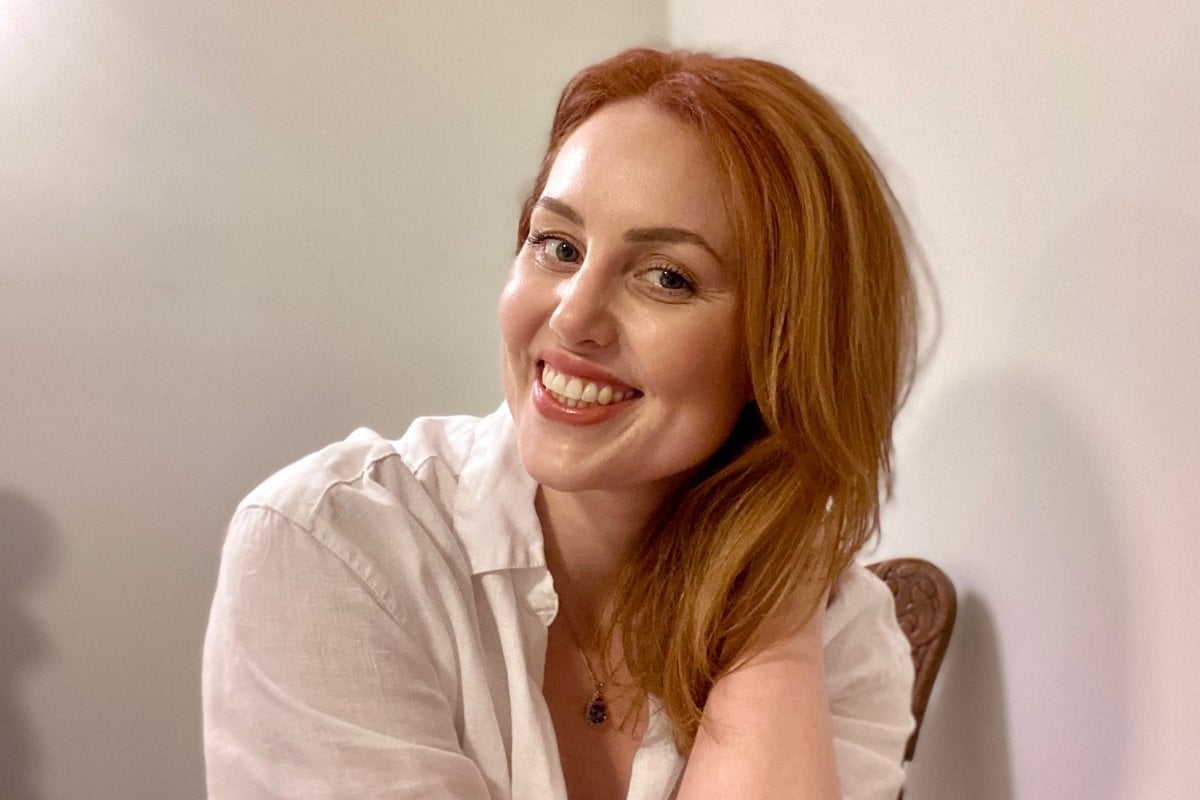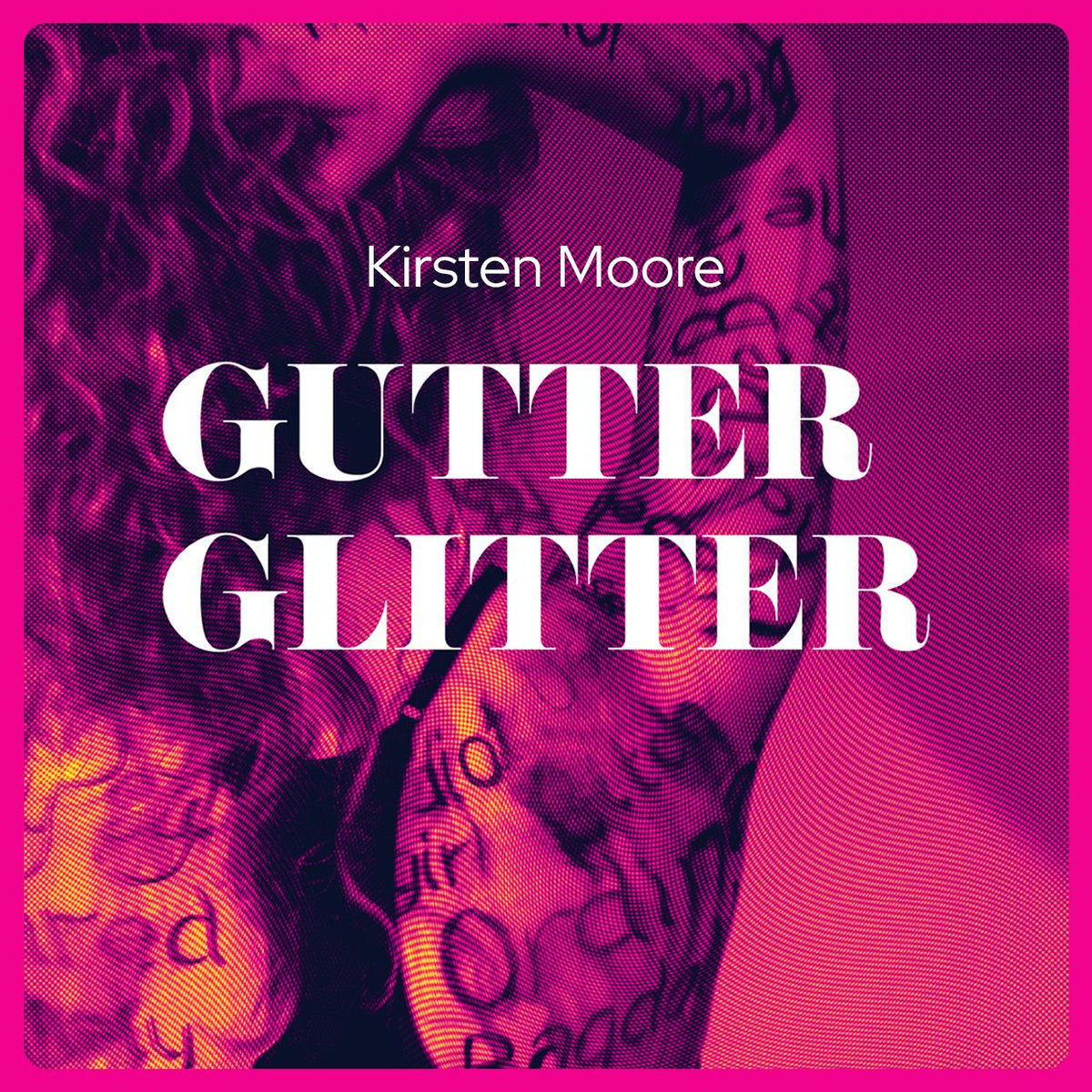
This post discusses suicidal ideation and drug abuse.
As a teenager, while my friends were getting into smoking cigarettes and pot, I resisted. I craved acceptance, but I passed on offers of getting high because my singing voice was precious to me. So, when at 27 I found myself so deep into addiction that snorting oxycontin in public bathrooms was a regular occurrence, no one was more surprised than me.
Until then I had lived a particularly healthy life. I practiced yoga and had a growing interest in 'food as medicine'. Then at 21, everything changed. I'd been living with back pain for months and was placed on opioid pain killers while exploring the cause. Eventually I was diagnosed with a spinal tumour. The jelly-like growth had enveloped my T6 vertebra and wrapped itself around my spinal cord. Treatment was imminent because as my doctor colourfully put it, "Imagine your spine is like a carrot. If you were to get into an accident, there is nothing stopping your spine from snapping in half and paralysing you." I stared at him, my skin prickly and cold. "Although, the surgery also has a chance of paralysis."
By 23, after extensive chemotherapy, I was ready for surgery. I was wheeled into the operating room while doctors and nurses hurried around me, each new face adding another cannula to my arms. An attractive doctor placed a breathing mask over my face and asked me to count down from — Ten, nine, eight... It was early the next morning when I started to come to. All I could hear was the beeping of hospital machinery, interspersed with guttural screeches and desperate groans coming from the other patients around me.

